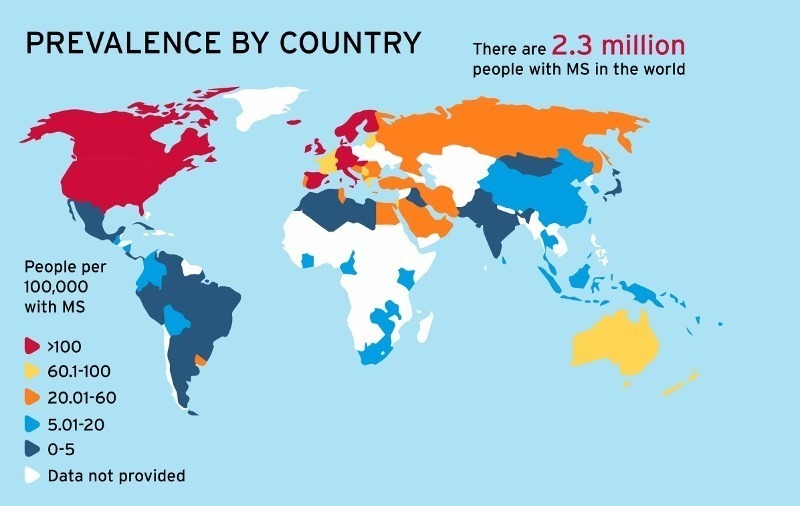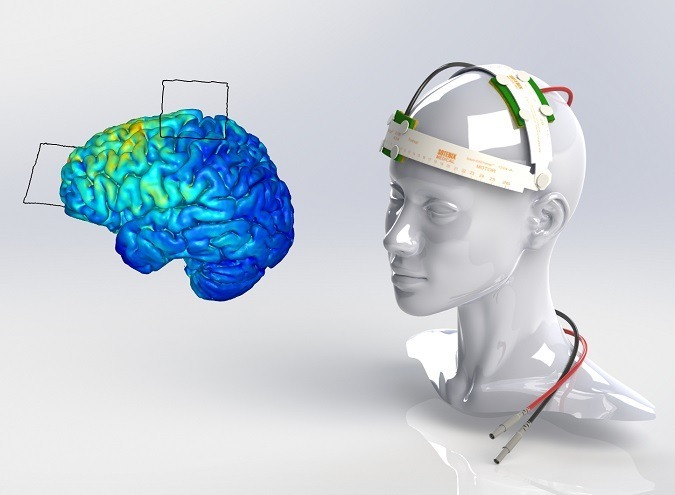Posts Tagged ‘Cognitive-Training’
Lifestyle and neurotechnology over genetics
?” Dear colleague, It’s remarkable how quickly things are changing, finally, in brain health and mental health — see for example what’s new with Interaxon, Akili, NeuraMetrix, Apple, Calm, Halo Neuroscience, Mindstrong Health, Novartis, Pear Therapeutics, and lifelong neurogenesis, all in the last 6 months! Please enjoy the May edition of SharpBrains eNewsletter below, and consider joining the…
Read MoreInitial study finds promise and limitations in using virtual reality (VR) to treat ADHD
___ Given the limitations of existing evidence-based ADHD treatments, i.e., stimulant medication and behavior therapy — research on novel intervention approaches continues to be important. Cognitive training is one such approach that has been suggested as a potential adjunct or even replacement for medication treatment. While cognitive training takes different forms, e.g., computerized attention training,…
Read MoreCognitive training, diet, exercise, and vascular management seen to improve cognition even in people with genetic predisposition for dementia (APOE e4)
___ How do genetics impact early intervention for dementia? (Medical News Bulletin): “Cardiovascular and neurological diseases, such as dementia, have been linked to dysfunction of a variation of the apolipoprotein E, or APOE, gene, called the APOE e4 allele…The Finnish Geriatric Intervention Study to Prevent Cognitive Impairment and Disability (FINGER) evaluated whether the effectiveness of…
Read MoreUpdate: Study finds continued birth of new neurons (neurogenesis) well into our 70s
___ Time for SharpBrains eNewsletter, bringing you the latest in in brain health and mental health research, tools and thinking. Also, a quick heads-up for those based in the UK: the Imperial College Centre for Neurotechnology will host a keynote by Alvaro Fernandez in London on Wednesday, May 30th, titled Why the Future of Brain Enhancement & Mental Health is Digital & Pervasive (free;…
Read MoreEvidence review finds that computer-based cognitive training can significantly improve memory in patients with multiple sclerosis (MS)
___ Computer-Based Cognitive Training Improves Memory Domains in Multiple Sclerosis (Neurology Advisor): “Computer-based cognitive training may assist in improving memory in patients with multiple sclerosis (MS), according to a systematic review published in Multiple Sclerosis and Related Disorders. A total of 9 studies reporting the use of computer-based cognitive training in patients with MS were…
Read MoreResearch trend: Combining brain stimulation with cognitive training to enhance attention and memory
In 47 CE, Scribonius Largus, court physician to the Roman emperor Claudius, described in his Compositiones a method for treating chronic migraines: place torpedo fish on the scalps of patients to ease their pain with electric shocks. Largus was on the right path; our brains are comprised of electrical signals that influence how brain cells…
Read More




